Addressing China's Growing Grip on Cobalt Mining in the Democratic Republic of Congo: International Coalition on Christian Persecution
- Staff Writer

- Sep 26, 2025
- 2 min read

The Democratic Republic of Congo (DRC) holds over 70% of the world's cobalt reserves, a critical mineral for batteries in electric vehicles and electronics, but China's dominance in its mining sector, controlling around 80% of production through state-backed firms, has raised alarms over supply chain vulnerabilities, human rights abuses, and geopolitical leverage. This influence exacerbates conflicts in the region, where armed groups exploit mining, displacing communities and fueling instability. To counter this, a multifaceted U.S.-led strategy focuses on renewing peace efforts, bolstering local governance, and enforcing ethical sourcing standards, aiming to stabilize the DRC, reduce illicit trade, and open opportunities for diversified, responsible investment.
One key solution involves renewing and expanding regional peace initiatives, such as the 2013 Addis Ababa Framework, which commits the DRC and neighboring countries to halt support for militant groups and promote security reforms under UN and African Union endorsement. By combining sustained U.S. diplomacy with rigorous enforcement of sanctions against conflict spoilers and their backers, this approach seeks to achieve verifiable ceasefires. Such measures would minimize civilian harm, secure vital transport routes, and diminish the illegal revenues that destabilize cobalt-rich areas, drawing on successful precedents in other conflicts where coordinated international pressure and alignment with bodies like the African Union and Southern African Development Community (SADC) enhanced legitimacy and oversight.
Another priority should be strengthening governance and transitional justice through targeted funding for anti-corruption initiatives, judicial reforms, decentralization, and community protection programs, all tied to clear benchmarks for transparency and service delivery. This builds capable, accountable institutions that curb predatory practices by officials and militias, thereby enhancing civilian security and fostering a reliable environment for traceable mineral trade. Evidence from post-conflict regions shows that results-oriented aid, digital payroll systems, and independent monitoring can rebuild public trust and lower abuse risks, ultimately making the DRC's mining sector more attractive to ethical investors and less prone to exploitation by dominant foreign powers like China.
Holding economic actors accountable requires mandating end-to-end traceability, stringent due diligence, and transparent sourcing directly from the DRC, alongside efforts to formalize artisanal mining sites and establish verified export channels for compliant minerals like gold and the "3Ts" (tin, tantalum, tungsten), which often intersect with cobalt operations. These rules would sever financial lifelines to armed groups, safeguard local communities, and provide U.S. firms with secure, legal access to critical resources. Leveraging existing international standards and U.S. regulatory tools, such as audits and know-your-customer protocols, this strategy aligns business incentives with peacebuilding, enabling rapid implementation to promote fair competition.
By integrating diplomatic pressure for peace, institutional reforms for accountability, and market-driven transparency, this comprehensive approach not only mitigates the risks of China's overwhelming influence in Congo's cobalt mining but also advances sustainable economic development and human rights. Ultimately, it positions the U.S. and its allies to foster a more equitable global supply chain, reducing dependency on adversarial actors while empowering Congolese communities to benefit from their own resources.








.png)




_gif.gif)